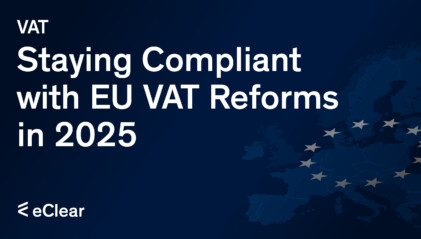In a world increasingly driven by digital transformation, the European Union is taking a monumental step forward by introducing the Digital Product Passport (DPP). Aimed at revolutionising cross-border commerce, this initiative is part of the EU’s broader Circular Economy Action Plan. But what exactly is the Digital Product Passport, and how will it reshape the European market?
What is the Digital Product Passport?
The Digital Product Passport is a digital record accompanying products sold within the EU. It will contain essential information such as the product’s origin, materials, and sustainability credentials. The DPP is designed to enable the sharing of critical product-related information necessary for products’ sustainability and circularity, including those specified in Annex III of the ESPR proposal.
The Implications for Cross-Border Commerce
Transparency and Traceability
The DPP will offer unprecedented levels of transparency and traceability. For businesses involved in cross-border commerce, this means a more streamlined process for customs and VAT calculations. The DPP aims to accelerate the transition to a circular economy, boosting material and energy efficiency.
Regulatory Compliance
Companies must adapt their internal systems to comply with the DPP’s requirements. This could involve significant investments in technology and human resources. The DPP is expected to be deployed and validated at scale in at least two value chains, according to the European Health and Digital Executive Agency.
Competitive Advantage
Early adopters of the DPP could gain a competitive edge as consumers increasingly seek sustainable and transparent products. The DPP aims to provide new business opportunities through circular value retention and optimisation.
Challenges and Concerns
Data Security
The digital nature of the DPP raises concerns about data security and privacy. Businesses must invest in robust cybersecurity measures to protect this sensitive information. The DPP will need further standardisation and specifications to ensure interoperability, safety, and acceptance by all stakeholders.
Implementation Costs
DPP-compatible systems’ initial setup and ongoing maintenance could be costly, particularly for small and medium-sized enterprises. The DPP is part of the Digital Europe Programme, which has set deadlines for proposals and implementation.
Outlook
The EU plans to roll out the DPP in phases, starting with a pilot program focused on specific industries. The full implementation is expected by 2025, giving businesses ample time to adapt. Recommendations based on the lessons learned for the deployments of DPP in other value chains are expected.







